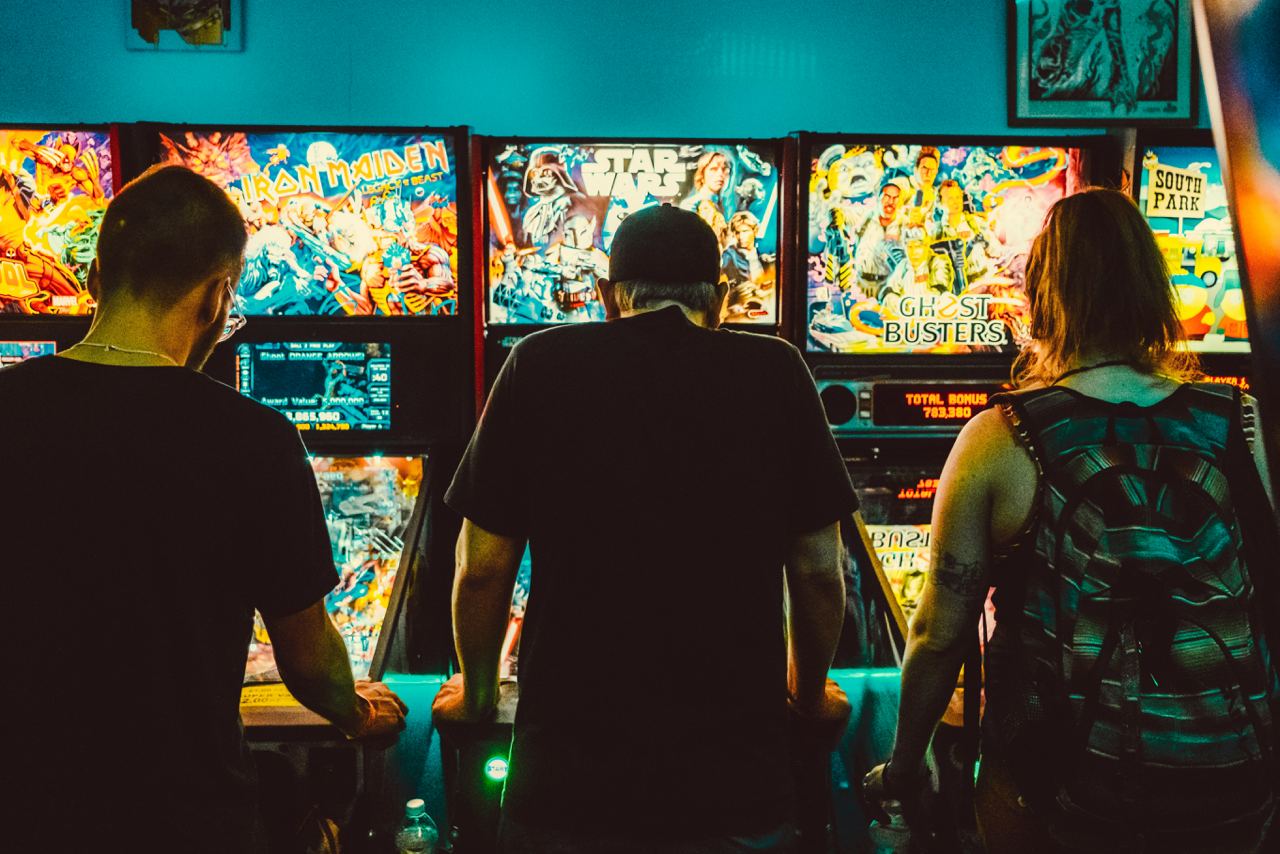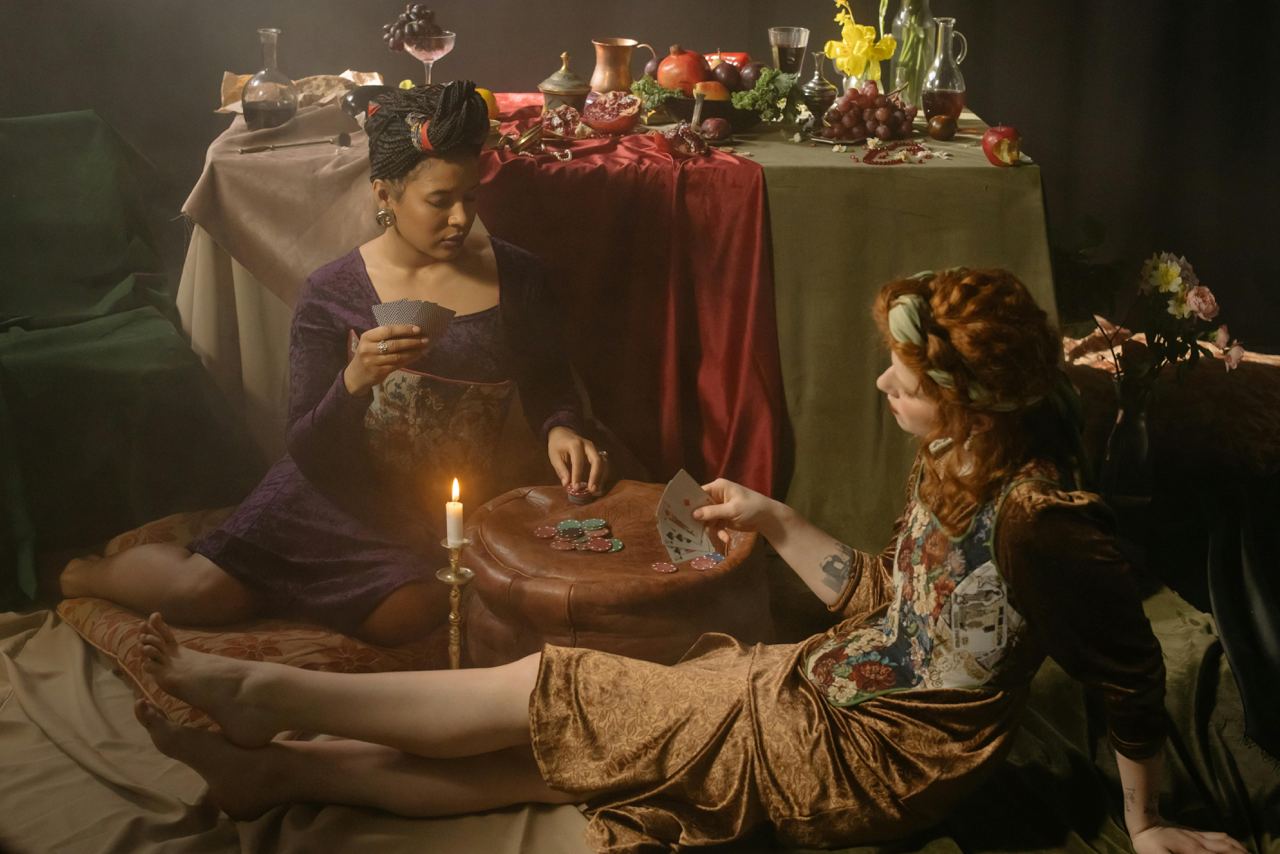
Gambling spans from the bright lights of Las Vegas to ancient Mesopotamia, showing its lasting charm across cultures. This universal activity, ranging from real win money games to simple bets, makes us wonder: Why do we gamble? The reason goes beyond the games to the complex psychology behind the gambling experience.
What drives us to gamble
Gambling is all about balancing risk and reward. This balance intrigues the human mind. The chance of winning creates a psychological challenge, blending potential gain with the risk of loss. This tension is key to gambling’s excitement, turning each choice into a significant moment.
The thrill, from the suspense of online slots to the outcome of a card game, brings undeniable excitement. It’s not just about winning but about the journey and feelings gambling stirs. Dopamine, released during wins, drives us to chase the highs gambling offers.
The Illusion of Control
Central to gambling’s psychology is the gambler’s fallacy. It wrongly suggests past outcomes affect future games of chance. Despite defying logic, it strongly influences betting decisions in online casinos and beyond.
Superstitions and rituals in gambling are efforts to feel in control amidst chance. They provide a false sense of power in unpredictable gambling environments, offering comfort and a sense of mastery.
Gamblers often feel like they’re leading the game, especially in skill-based games like poker or blackjack. This illusion of control, crucial in gambling, convinces players that success comes from skill, despite the randomness. This belief fuels the continuous pursuit of wins in the unpredictable world of online casinos.
Exploring gambling’s psychology reveals deep insights into human behavior. It shows gambling as a complex mix of risk, reward, and the desire for control, not just a way to win money. Understanding this helps us see why gambling remains a constant part of human culture.

Social and Cultural Influences on Gambling
Gambling goes beyond a hobby, becoming a key social activity. The bond formed over a poker game or a work betting pool shows its social aspect. Such shared experiences can boost gambling’s appeal, with social pressure influencing decisions, especially in playing real win money games or slots online.
Globally, views on luck and strategy differ, shaping gambling attitudes and the popularity of certain online games. Some cultures hold luck in high regard, employing rituals for good fortune. Others prioritize skill and strategy. These views affect gambling approaches and the popularity of online games, impacting the global scene of online casinos.
Media’s portrayal of gambling often glamorizes wins, downplaying losses. This can skew perceptions, making gambling seem like a glamorous path to wealth, particularly in slots online and other casino platforms, and can mislead about the risks.
Psychological Theories Related to Gambling
Gambling’s addictiveness ties to classical and operant conditioning. The thrill of wins can become a stimulus, triggering the urge to gamble again. The random nature of wins, an intermittent reinforcement schedule, makes gambling hard to resist despite potential losses.
Cognitive dissonance emerges when gamblers weigh the risks against their continued play. This conflict can lead to rationalization, perpetuating gambling despite negative outcomes.
Escapism also drives gambling, offering a break from daily stress. The engaging world of slots online and other games provides a temporary escape. While sometimes benign, it can lead to excessive gambling as a coping tool.
Understanding gambling’s complex influences sheds light on its multifaceted nature. Awareness can guide better engagement with online casinos, fostering healthier gambling habits in the vast realm of real win money games and slots online.

The Darker Side of Gambling
Gambling addiction is a serious condition where a person can’t stop playing real win money games, despite harmful effects on their life. It can lead to anxiety, depression, and even thoughts of suicide. The financial burden, relationship damage, and lost trust deeply affect gamblers and their families.
Help is available for those struggling. Cognitive Behavioral Therapy (CBT) helps change harmful gambling behaviors and thoughts. Support groups, financial advice, and treatment for mental health conditions are crucial for recovery. It’s important for gamblers to seek help and for their support network to assist them.
Responsible Gambling Practices
Gambling, including playing slots online at online casinos, can be safe entertainment with responsible habits. Setting limits on money and time spent gambling is crucial. Knowing the odds helps maintain realistic expectations and prevents chasing losses.
Online casinos and organizations offer tools and support for responsible gambling. Using these resources can help ensure a safe and fun gambling experience. In conclusion, gambling should be enjoyable and free from stress. Responsible gambling is essential for this balance.
Review of popular slots:
Crash Game Mechanics: More Than Just a Rising Multiplier
Wild Tornado’s Weekly Game Horoscope
Cryptocurrency and Online Casinos: A Changing Industry
Wild Tornado Casino: Your top gaming spot listed on Casinos In Canada



